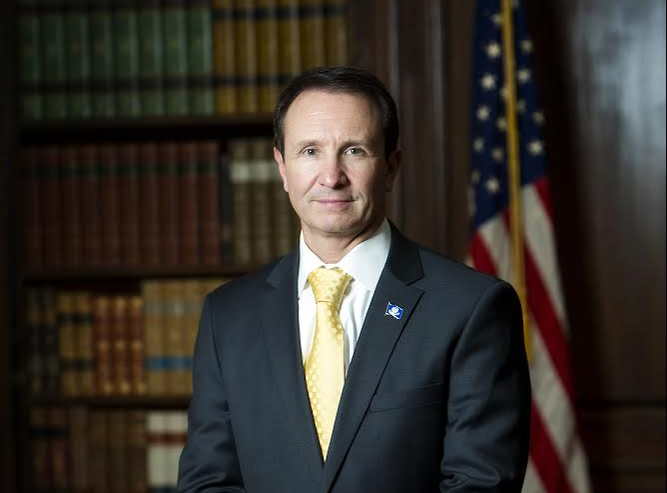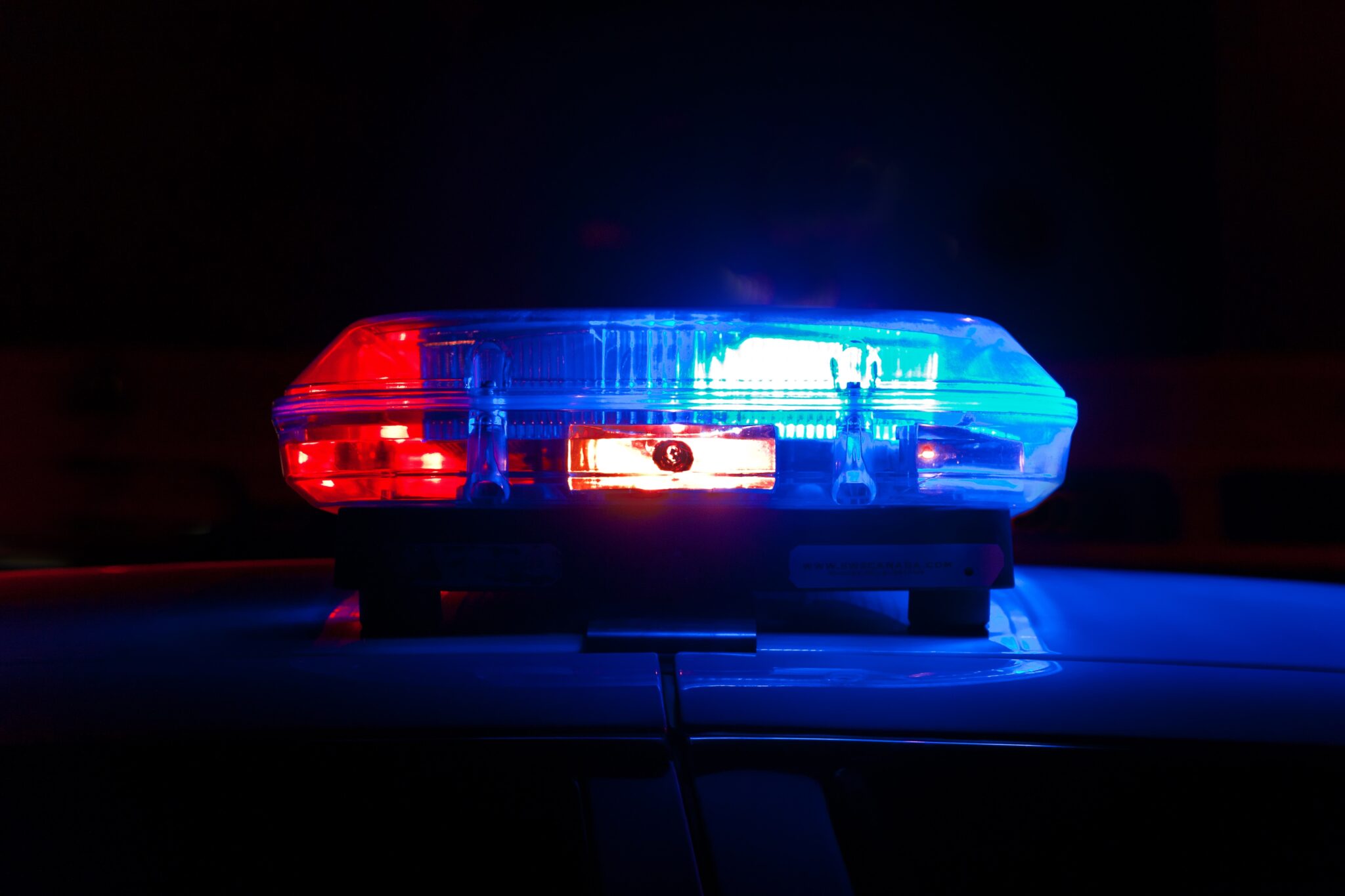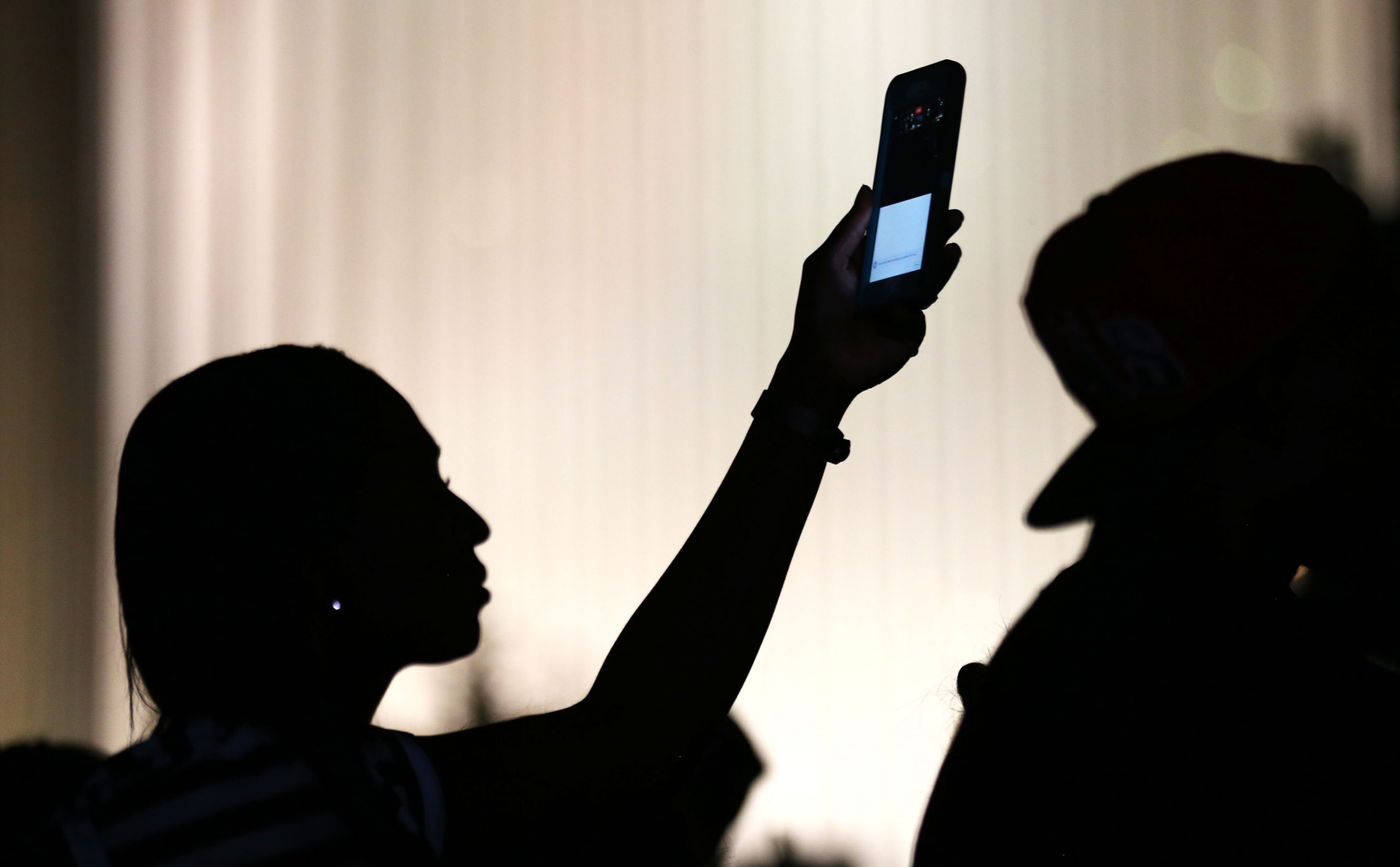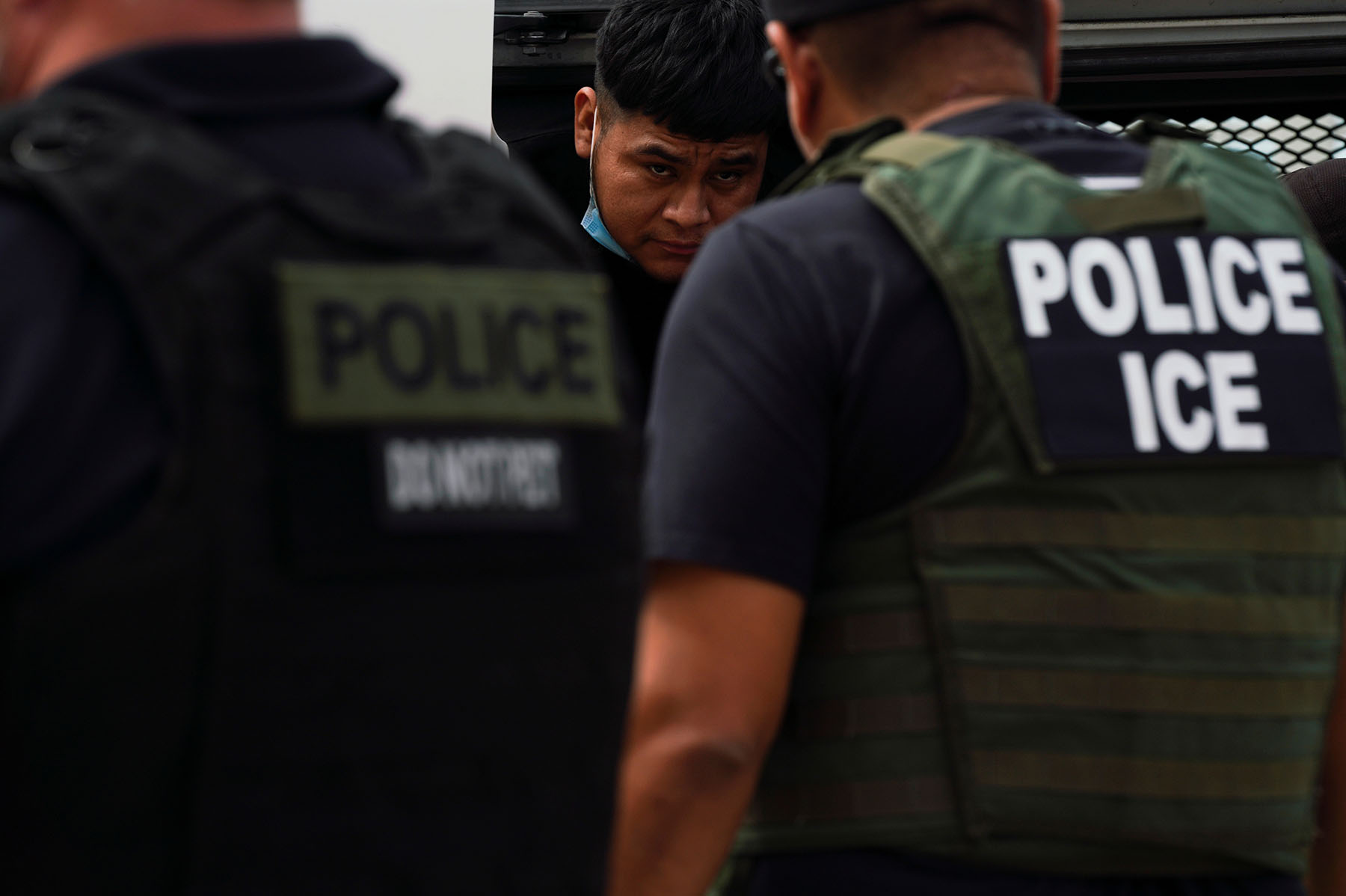On February 24th, the Arizona House of Representatives voted to advance a bill that would make it illegal to photograph or record a police officer in public from a distance of eight feet without his or her permission.
House Bill 2319 says if an individual is asked by the police to quit filming but continues to do so would face a class 3 misdemeanor and up to 30 days in jail.
See our teacher guide on the right to record police
The bill was sponsored by Republican state representative John Kavanagh, a former police officer, who contends that the measure is necessary to protect the public’s and officers’ safety.
But critics are crying foul, calling the legislation unconstitutional, and that would give police the power to decide who can report on their conduct in public. The Phoenix police department is currently under investigation by the Justice Department for its use of force against protestors and homeless people, and in recent years, has posted record numbers of police shootings, according to AZ Central.
While the U.S. Supreme Court has not yet weighed in on the right to record police, the U.S. Court of Appeals in the First, Third, Fifth, Seventh, Ninth, and Eleventh have all ruled that the right to record police in public places is protected by the First Amendment.
In the Ninth Circuit—which includes Arizona—in Fordyce v. City of Seattle (1993), the court protected the right to document activities that take place in public spaces. In 1990, Jerry Edmons Fordyce sued eight police officers who arrested him for filming a public demonstration in downtown Seattle. At one point, Fordyce recorded a bystander and her two minor nephews who were standing on a public sidewalk. The woman asked Fordyce to stop filming them, and when he refused and continued to film, the woman complained to a police officer. The officer told Fordyce that a state statute made it a misdemeanor to record a private conversation without consent, but Fordyce continued to film, saying they were all on public property.
The Ninth Circuit ruled that the Washington state statute “does not make criminal the recording of conversations held in a public street, in voices audible to passersby, by the use of a readily apparent device.”
The Arizona bill now heads to the senate. In a statement, the Reporters Committee for the Freedom of the Press, wrote, “We hope the rest of the Arizona legislature, when it turns to this legislation, will think better of it. The bill would predictably jeopardize the public’s right to know what its officials are up to — and changing course now would spare Arizona the expense of defending a flatly unconstitutional law.”
Tags




